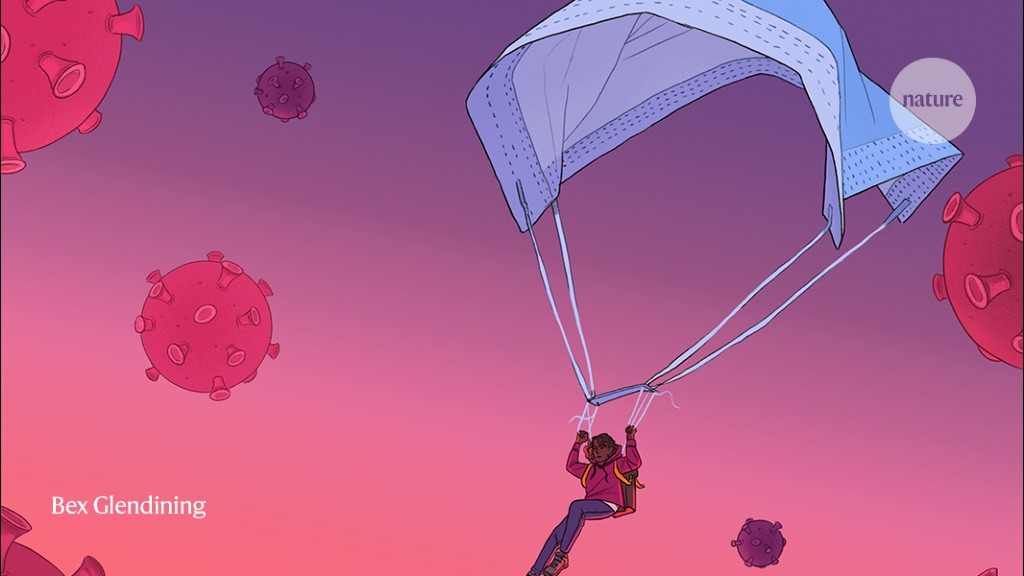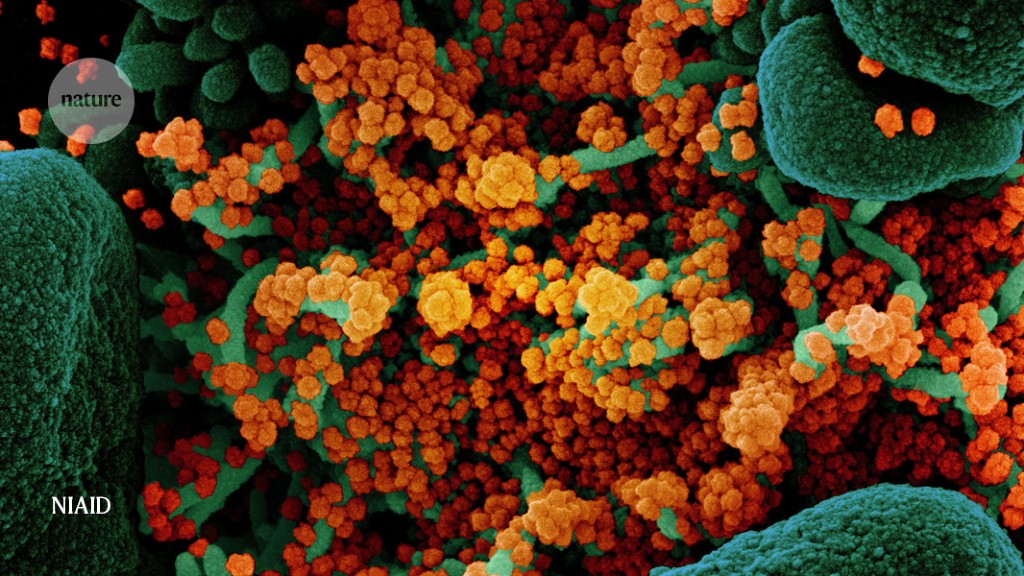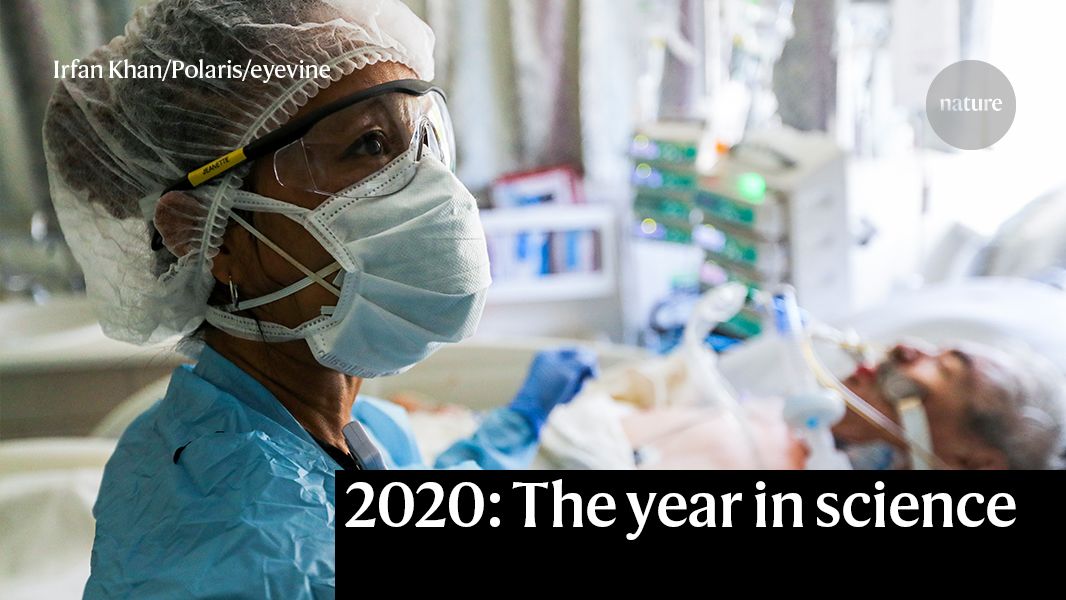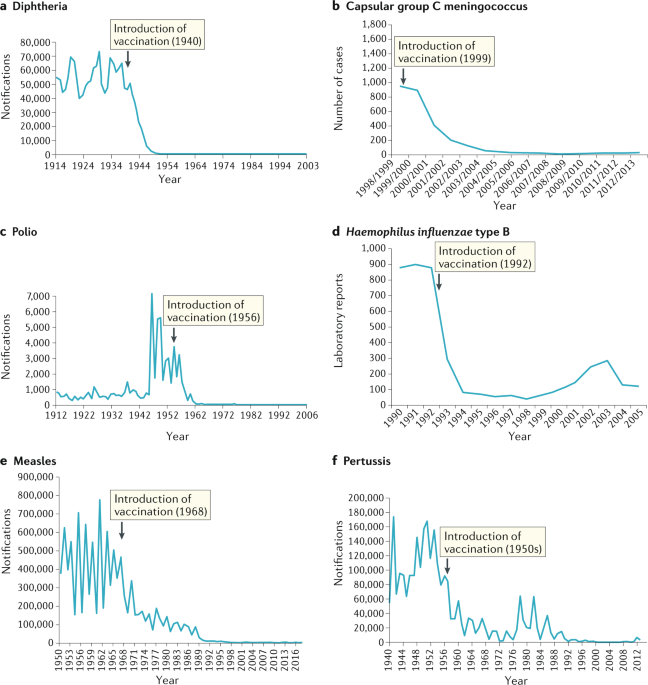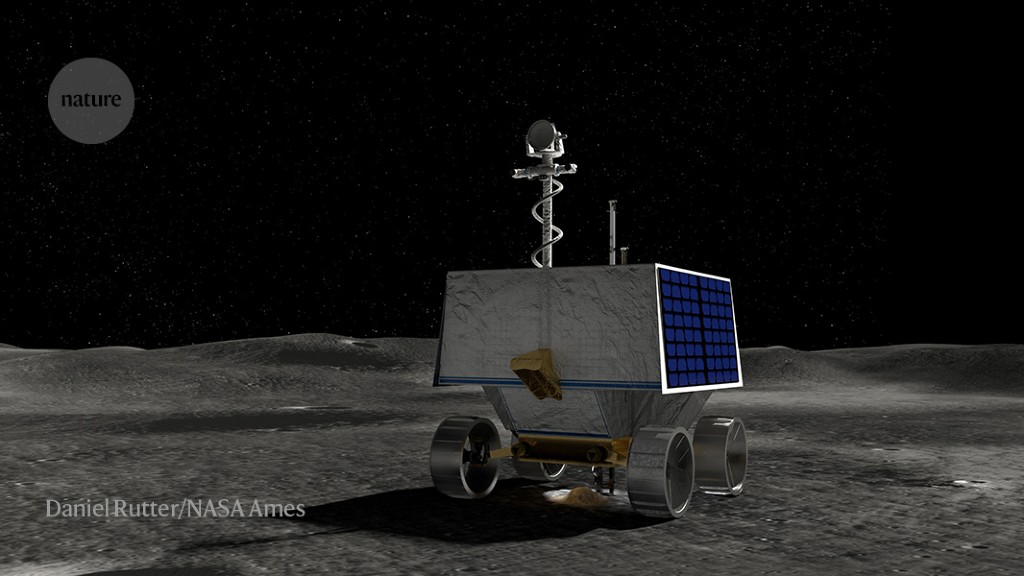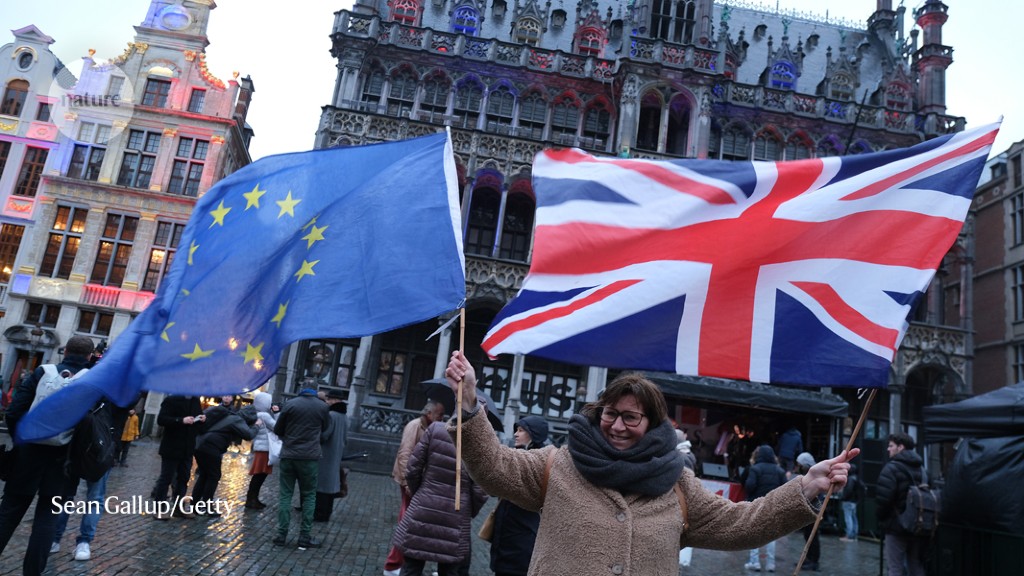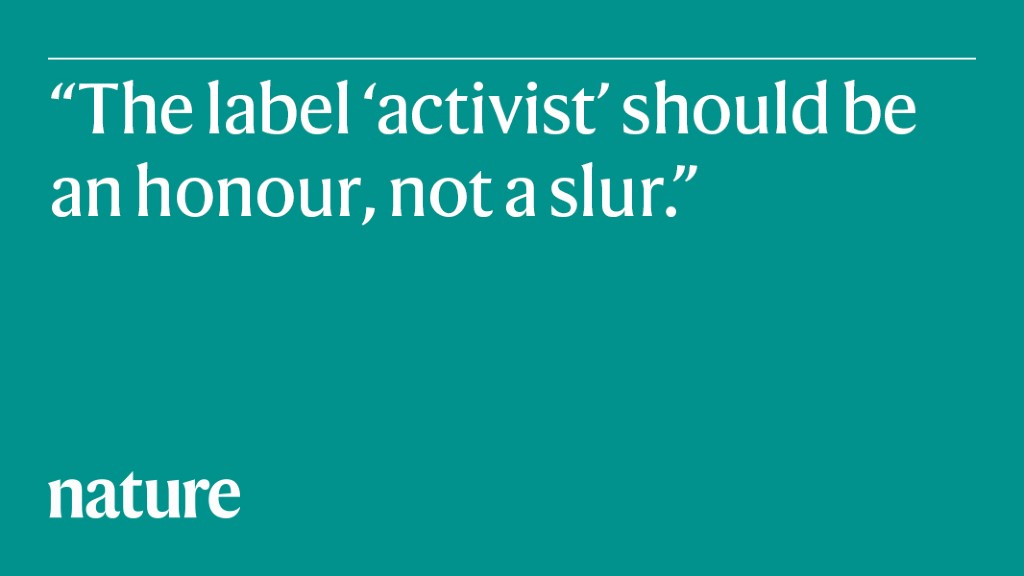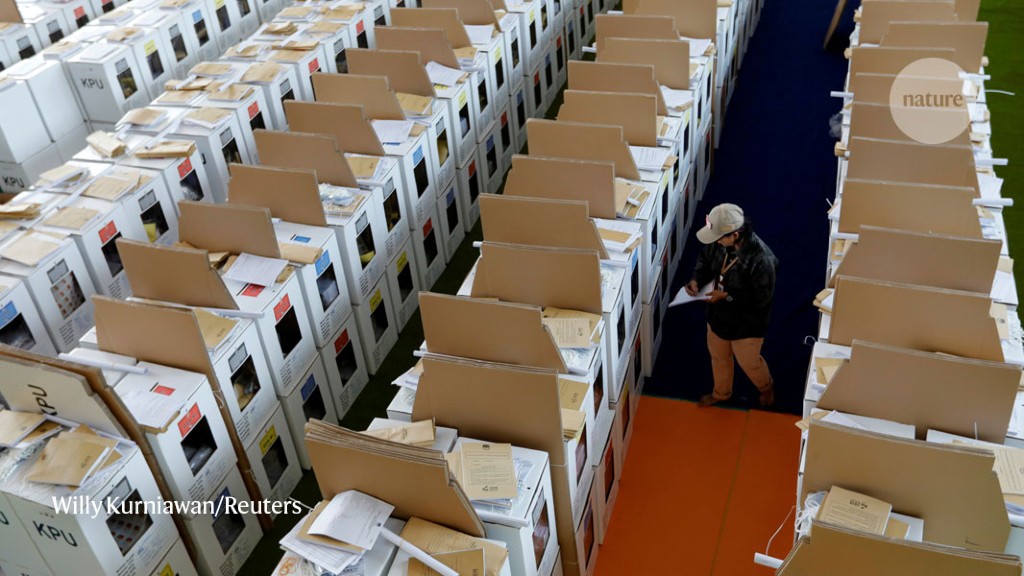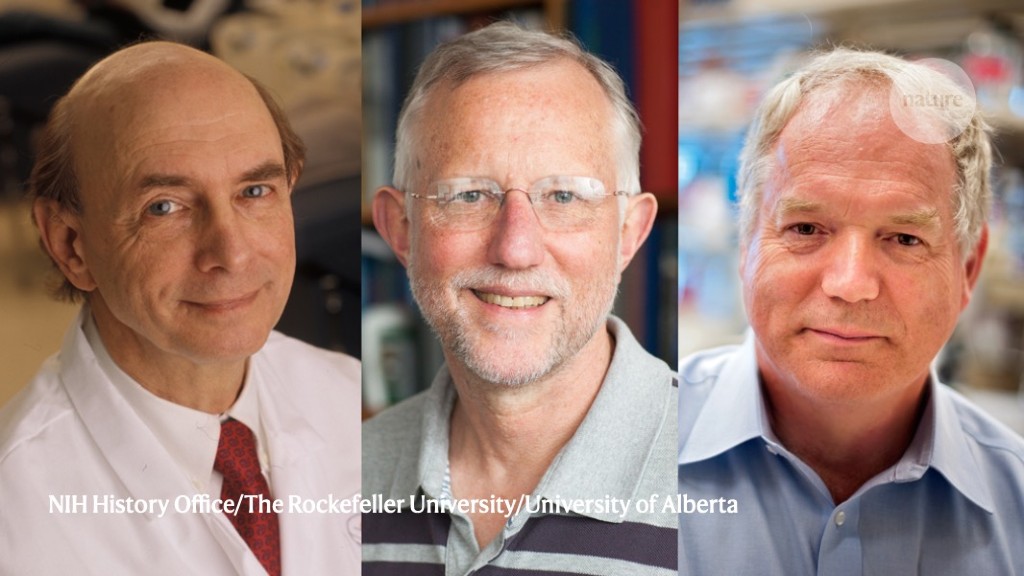Send us a link
Horizon 2020 by the Numbers: How €60 Billion Was Divided Up Among Europe's Scientists
Horizon 2020 by the Numbers: How €60 Billion Was Divided Up Among Europe's Scientists
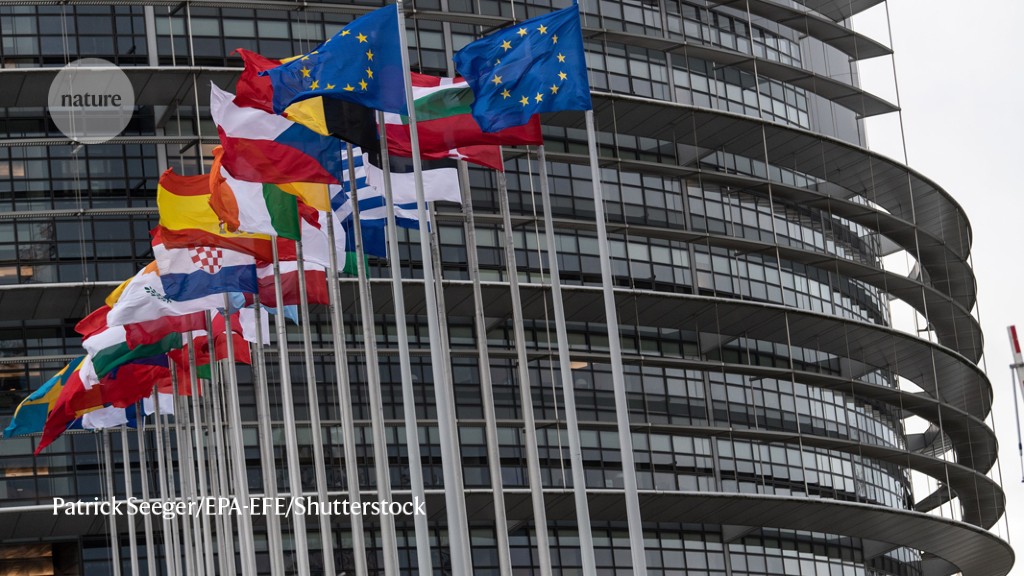
The Association Between Early Career Informal Mentorship in Academic Collaborations and Junior Author Performance
The Association Between Early Career Informal Mentorship in Academic Collaborations and Junior Author Performance
Here, the authors study mentorship in scientific collaborations, and find that mentorship quality predicts the scientific impact of protégés post mentorship. Moreover, female protégés collaborating with male mentors become more impactful post mentorship than those who collaborate with female mentors.
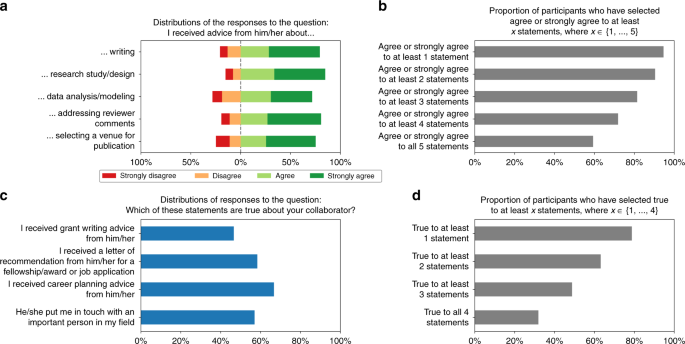
Using Alt Text to Make Science Twitter More Accessible for People with Visual Impairments
Using Alt Text to Make Science Twitter More Accessible for People with Visual Impairments
Scientists increasingly post images and photos on social media to share their research activities. However, posting images and photos could potentially exclude people with visual impairments. Here, we outline actions that should be taken to foster accessibility and inclusion in posting scientific images on social media.
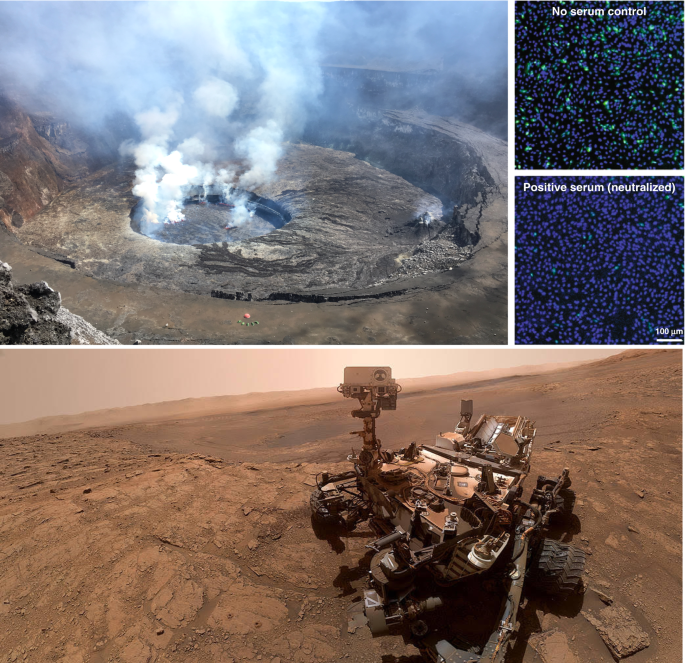
Memo for President Biden: Five Steps to Getting More from Science
Going back to normal is not enough. A revamp is required.
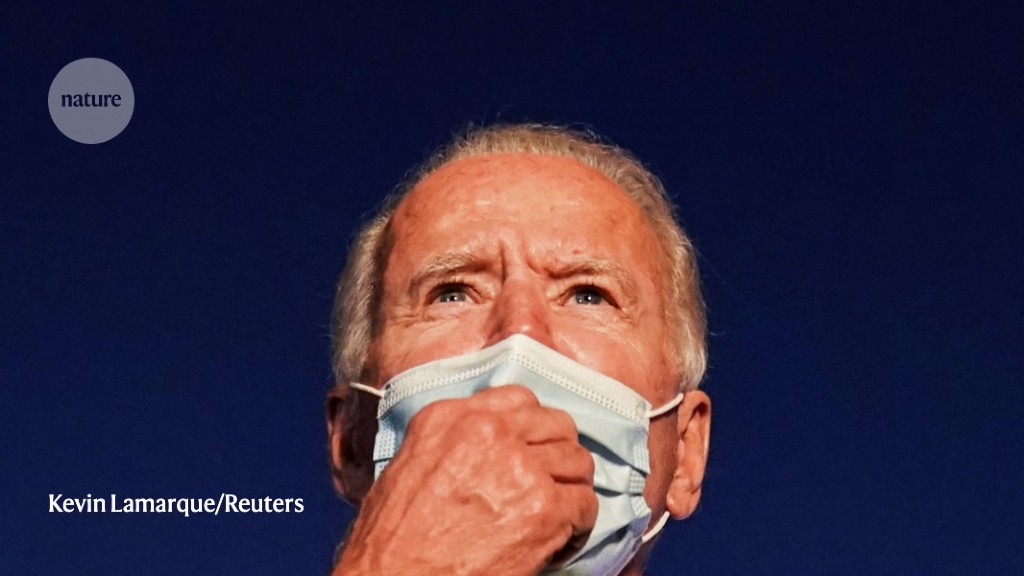
Scientists Relieved As Joe Biden Wins Tight US Presidential Election
The new president has the opportunity to reverse four years of anti-science policies - but he also inherits a nation divided.
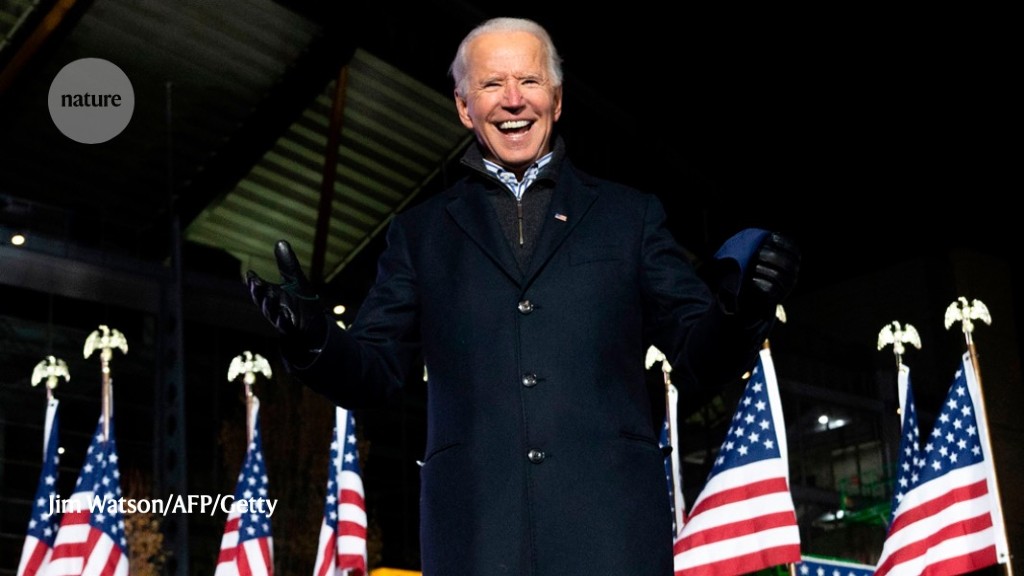
Scientists Aghast As Hopes for Landslide Biden Election Victory Vanish
Scientists Aghast As Hopes for Landslide Biden Election Victory Vanish
With so many votes cast for Trump, some researchers conclude that they must work harder to communicate with the public.
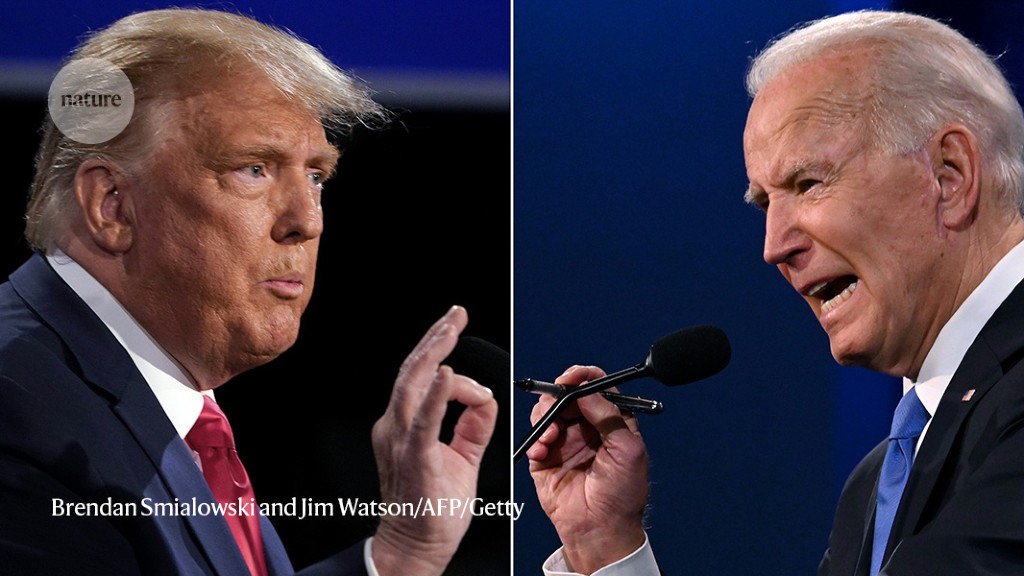
Four Ways to Fight Science-Funding Cuts Across Europe
Junior researchers need to engage with policymakers, institutions, funders and media outlets to argue against planned budget cut-backs.
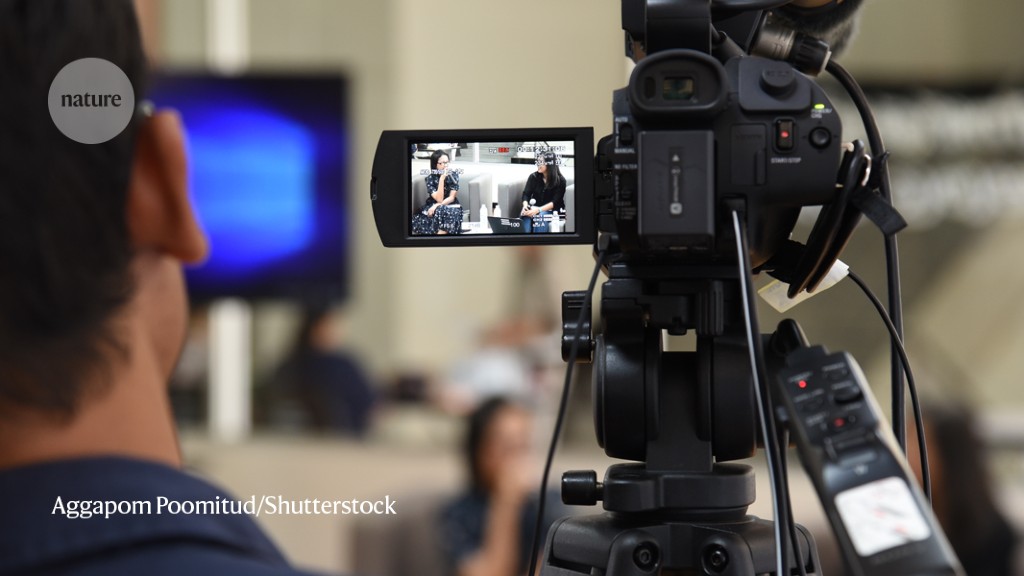
Four Ways Trump Has Meddled in Pandemic Science
How the US president and his administration have silenced scientists and meddled in their reports, with disastrous consequences.
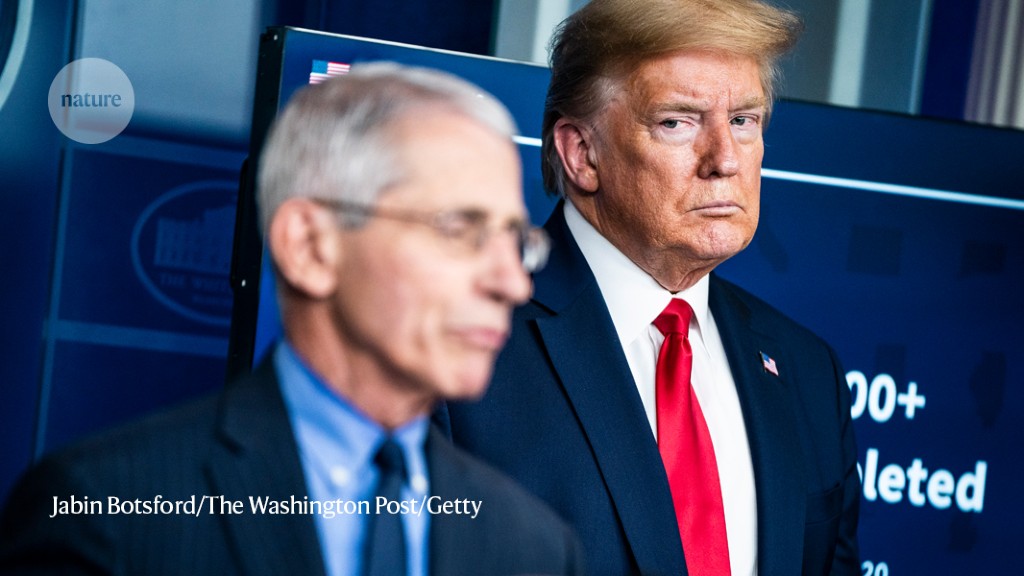
Redesign Open Science for Asia, Africa and Latin America
Researchers in many countries need custom-built systems to do robust and transparent science.
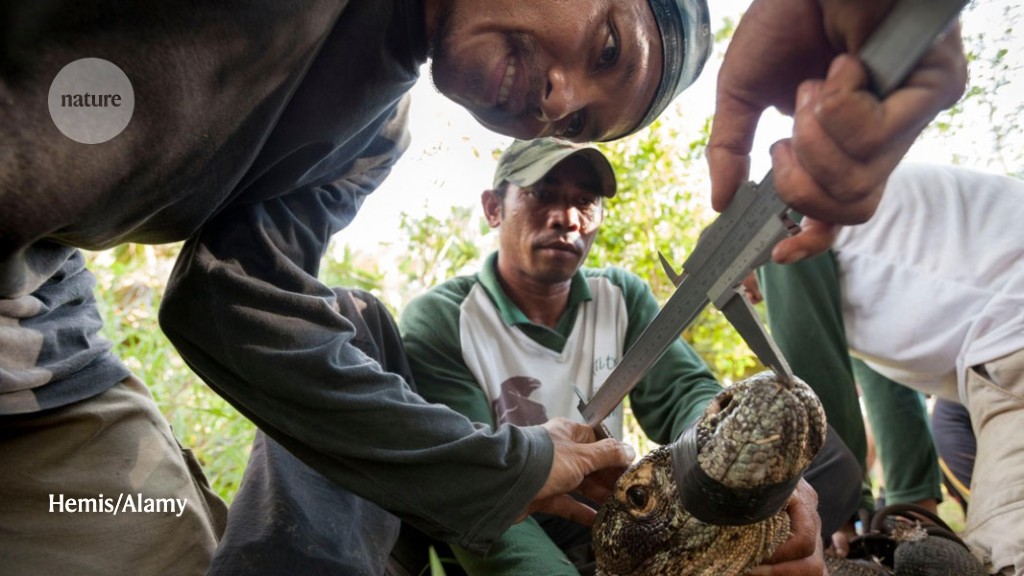
Wealthy Funder Pays Reparations for Use of HeLa Cells
Howard Hughes Medical Institute's six-figure donation is a step towards addressing racial injustice in the sciences.
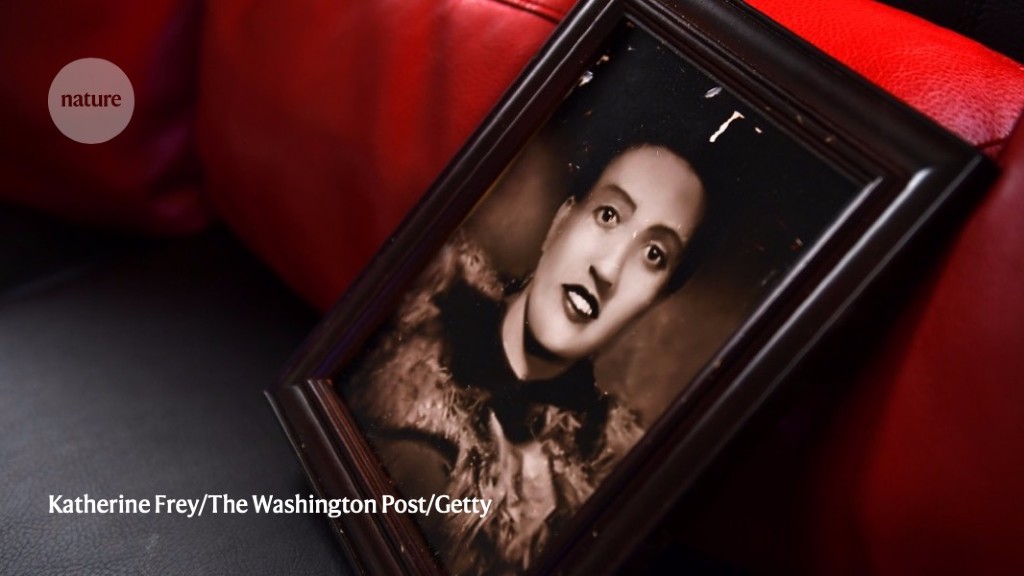
Trump's Latest Order Spreads Fear Among Government Scientists
The directive could make it easier to fire some agency researchers and hire others for political reasons.
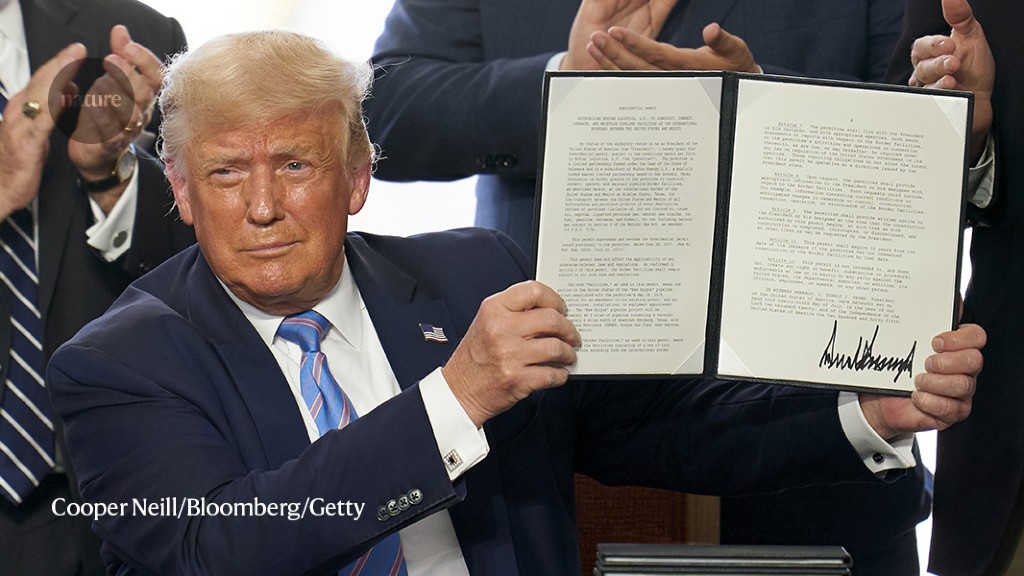
Spare a Thought for Longitudinal Diversity
The shift to virtual conferences needs to be accompanied by a sensitivity to people in different time zones.
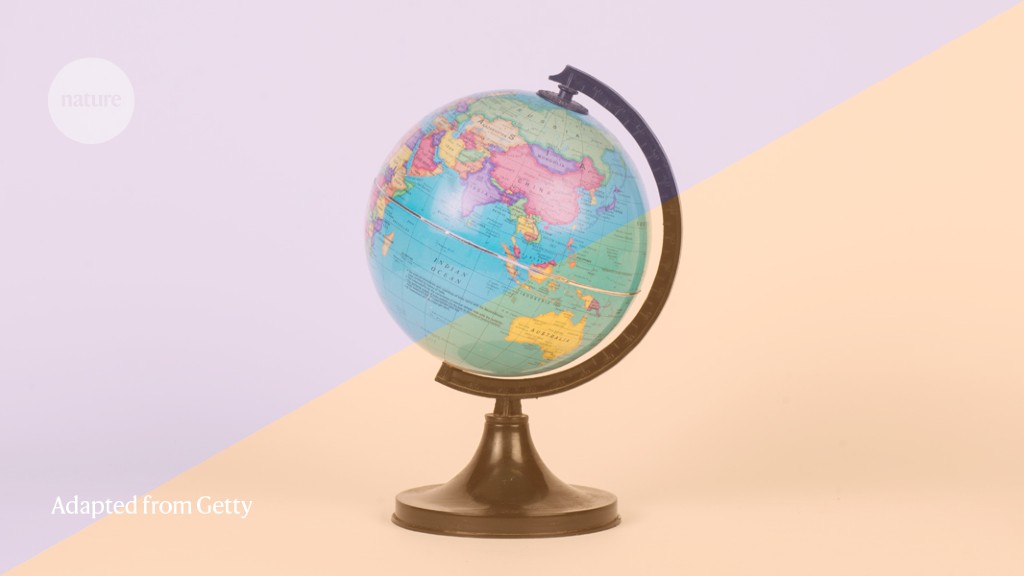
Latin America's Embrace of Unproven COVID Treatment Hinders Drug Trials
Unchecked ivermectin use in region is making it difficult to test anti-parasite drug's effectiveness against the coronavirus.
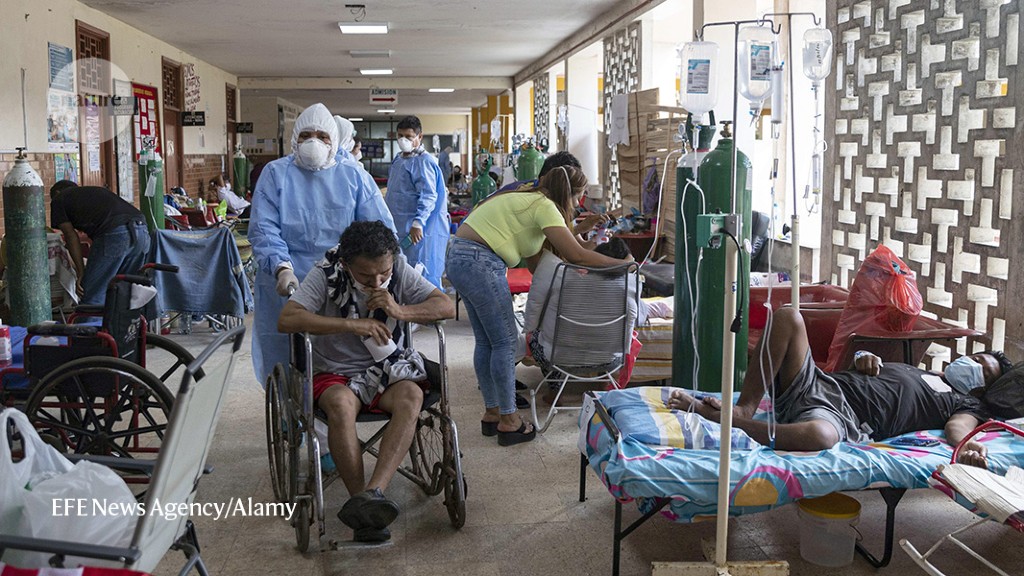
Don't Let COVID Stop Your Fieldwork: Three Tips for Successful Collaborations
During a pandemic, more researchers might require support from colleagues and depend on those partnerships to collect the data they need to keep their labs operational. The article presents guidelines for collaborations.
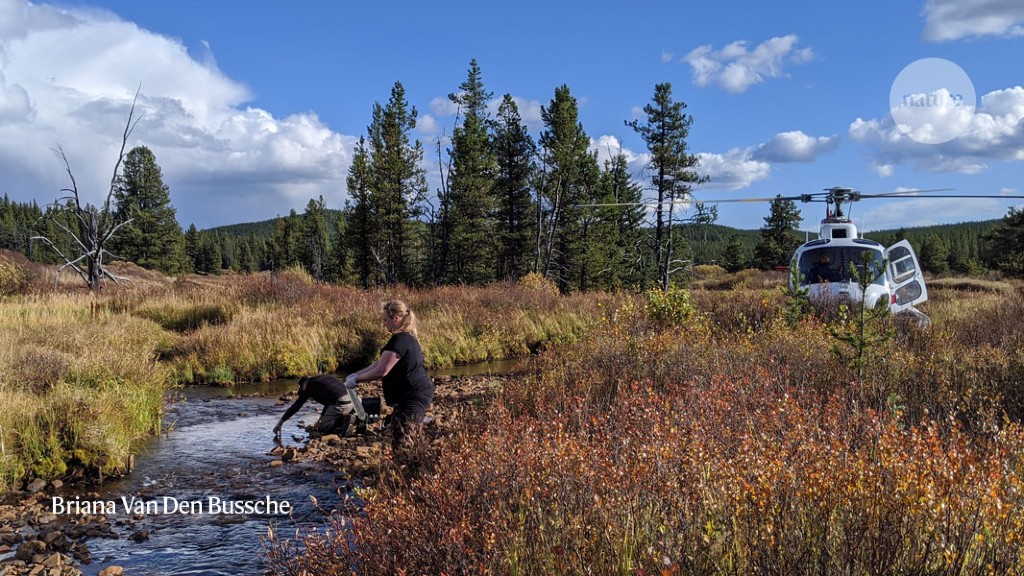
Nature Journals Announce First Open-Access Agreement
The arrangement will allow some researchers in Germany to publish openly - but critics say it comes with a high price.

Institutions Can Retool to Make Research More Rigorous
Big moves to rebuild the scientific infrastructure are possible, argues Ulrich Dirnagl.
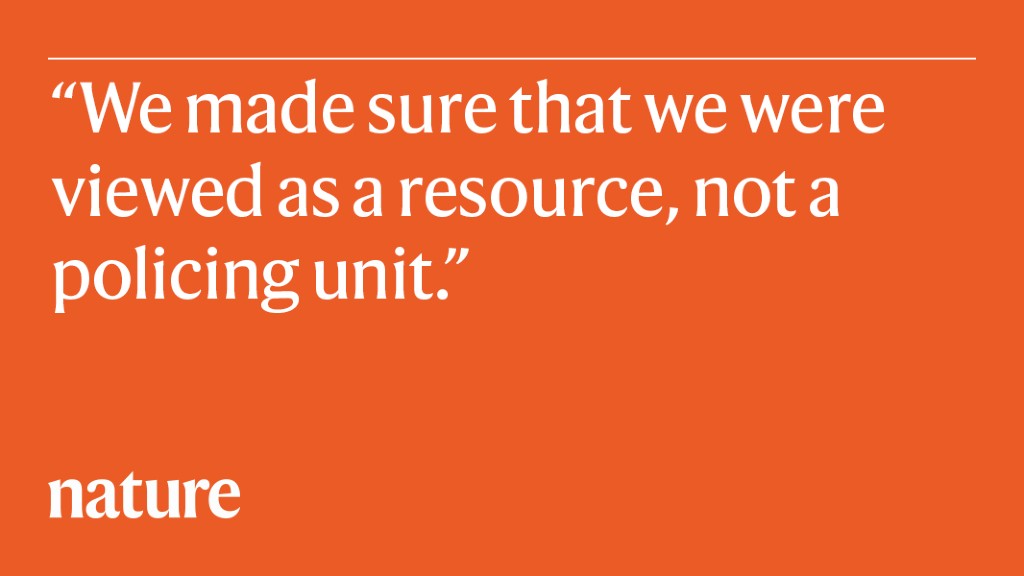
Initiative Pushes to Make Journal Abstracts Free to Read in One Place
Publishers agree to make journal summaries open and searchable in single repository.

Pioneers of Revolutionary CRISPR Gene Editing Win Chemistry Nobel
Emmanuelle Charpentier and Jennifer Doudna share award for developing the precise genome-editing technology.
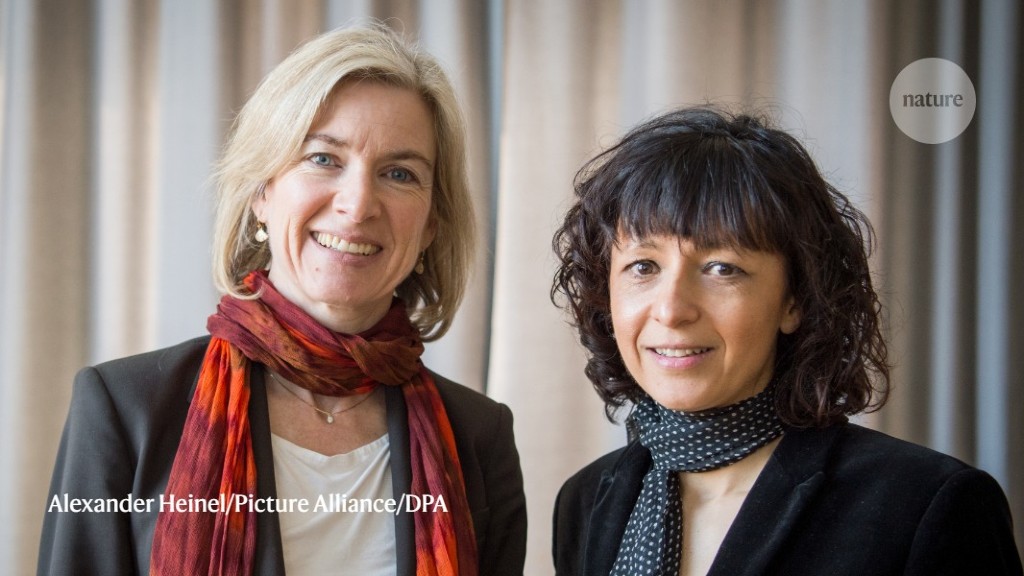
Wear Your Mask, but Think About Deaf Students
Face masks are vital to containing the spread of COVID, but lecturers and universities must find ways to be inclusive, say Olivier Pourret and Elodie Saillet.
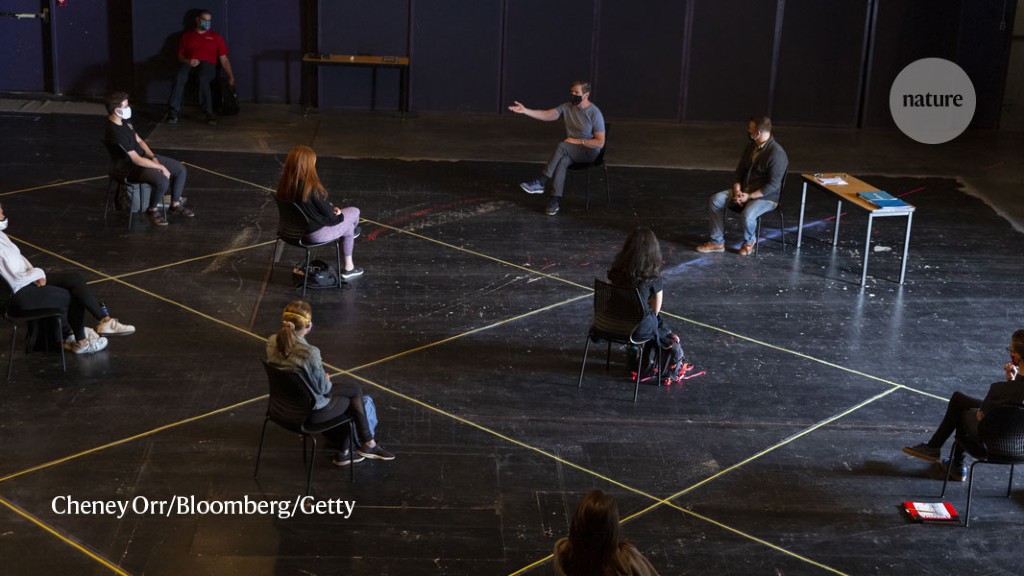
Face Masks: What the Data Say
The science supports that face coverings save lives, and yet the debate trundles on. How much evidence is enough?
